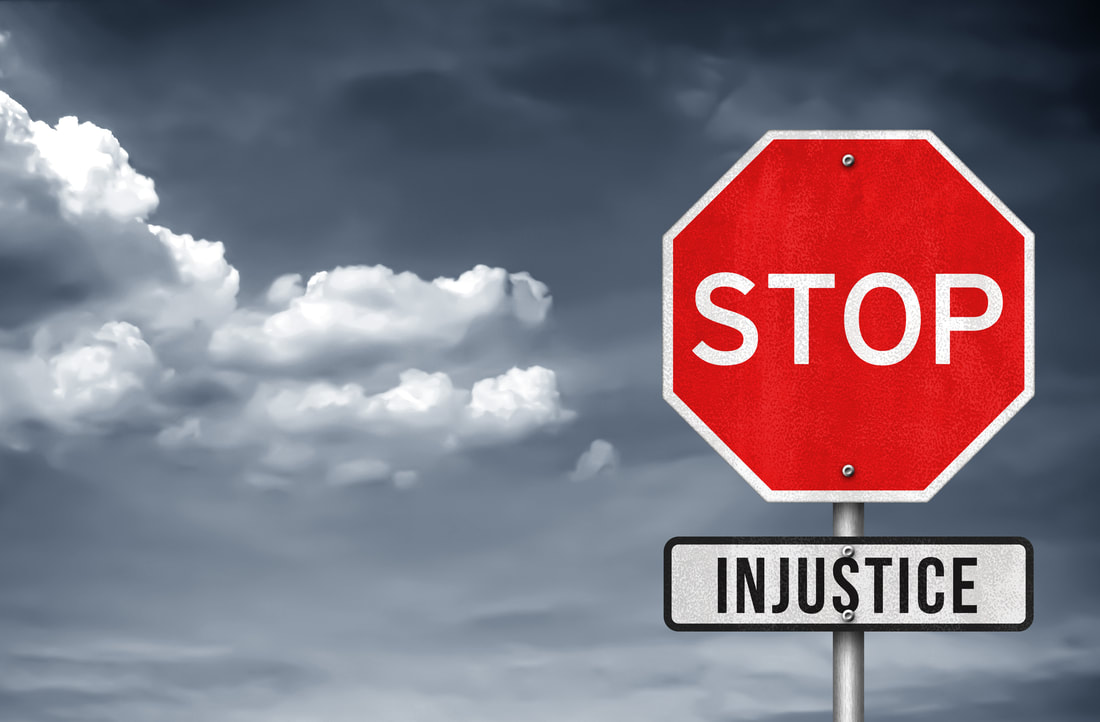|
In the past 20 years, prosecutors in Conviction Integrity Units (CIUs) have increasingly taken on the responsibility of exonerating individuals who have been wrongfully convicted. Many of them collaborate closely with defense attorneys on case reinvestigation and resolution, exonerating defendants who otherwise had few remaining options. While the recent popularity of CIUs is an exciting development for the wrongfully convicted and their advocates, these newfound developments are not without risks. Prosecutors still hold the decision-making power. They choose which cases to review, and when and how to grant relief. And in cases where prosecutorial misconduct is a factor, those allegations are at risk of being ignored. According to the National Registry of Exonerations, district attorneys’ offices in nearly 100 different, mostly urban, jurisdictions have launched CIUs to formally review wrongful conviction claims. The recent popularity of the CIUs also suggests a cultural shift in the prosecutorial mindset—from tough on crime to smart on crime—that has likely influenced individual prosecutors in smaller jurisdictions as well. I studied prosecutors’ assistance with exoneration cases—both in the context of the Conviction Integrity Unit, and outside of it. My recent research relies on interviews with prosecutors and defense attorneys from 36 different jurisdictions. Several of them explained that prosecutors may make their cooperation with an exoneration in certain cases contingent upon defense attorneys dropping allegations of prosecutorial misconduct. In other cases, the defense attorney may voluntarily drop such allegations to improve their client’s chance of success. Prosecutors have been found to be less likely to assist with an exoneration if there is an underlying misconduct claim. There are notable exceptions. Some CIUs have launched reinvestigations into cases involving discredited police officers—such as in Cook County, Chicago, or Kings County, Brooklyn. Prosecutors have proactively exonerated individuals in such cases since the Los Angeles Rampart scandal of 1999 and 2000. Cases involving the publicized misconduct of officers who were subject to a federal investigation have produced hundreds of exonerations. Prosecutors reliably respond to these types of claims. Wrongful conviction claims at risk of being ignored—or sanitized of misconduct—generally involve allegations of prosecutorial misconduct. The National Registry of Exonerations estimates that 30 percent of exoneration cases feature prosecutorial misconduct. Pursuing Brady Violations A Brady violation, after the U.S. Supreme Court case of Brady v. Maryland, is one of the more common post-conviction misconduct allegations. Prosecutors commit Brady violations when they intentionally or unintentionally withhold evidence that could prove favorable to the defense. During reinvestigation, as files are re-opened and witnesses re-interviewed, this type of misconduct may come to light. Even well-intentioned prosecutors may have trouble recognizing it as a serious issue. A wealth of research into cognitive biases shows how conformity effects challenge a person’s willingness to act against the group status quo. For this very reason, some progressive prosecutors try to insulate their CIU from the rest of the office. They may hire a CIU chief from outside the office, (preferably a person with defense experience), or even an attorney from an innocence organization. They may also ensure that the CIU chief reports directly to them, rather than to a deputy DA already embedded in the office. So-called professional exonerators, who work through formal wrongful conviction review entities like a CIU or an innocence organization, can better establish ongoing rules of engagement. A recent report from the Quattrone Center on the Fair Administration of Jujstice at the University of Pennsylvania Carey Law School provides comprehensive guidelines for “collaboration agreements” that outline how to handle discovery of misconduct and other delicate issues like media relationships and information sharing. However, not all CIUs have embraced this model, and not all prosecutors assisting with exonerations work in a CIU. Smaller prosecutors’ offices will not have the staff or funding for a standing CIU. Prosecutors in smaller jurisdictions may have never worked with an innocence organization before, or reinvestigated a wrongful conviction case. My recent research suggests that prosecutors and defense attorneys who are not professional exonerators are more likely to engage in post-conviction bargaining such as agreeing to forego litigation around negligence or misconduct. Holding Bad Actors Accountable In the short term, overlooking the misconduct could result in a quicker exoneration. In the long term, it could complicate the exoneree’s chances in a lawsuit, foreclose the opportunity to investigate similar cases, and fail to hold the bad actor accountable. Therefore, State Attorneys General or State Commissions should fill in the gaps. The North Carolina Innocence Inquiry Commission, created after a high-profile case of prosecutorial misconduct in 2006, has since helped secure 15 exonerations. Leaving this work to individual prosecutors in a patchwork of practices throughout the state may result in post-conviction agreements that harm the defendant’s chance of exoneration, or their success in a lawsuit. At a minimum, those who advocate for the wrongfully convicted can continue to demand transparency by ensuring their local CIU has a collaboration agreement in place and by encouraging partners in smaller jurisdictions to adopt this practice as well. Prosecutors are accepting greater responsibility to correct wrongful convictions, but it remains to be seen if they can also accept greater responsibility for the misconduct that contributes to them. Exonerations represent an important opportunity to address failures in the criminal justice system. Failure to confront misconduct allegations risks fostering a climate where misconduct will continue to be tolerated, leading to more wrongful convictions. Elizabeth Webster, Ph.D., is Assistant Professor in the Department of Criminal Justice and Criminology at Loyola University in Chicago. She has previously published in scholarly journals such as Justice Quarterly and the Journal of Criminal Law and Criminology
0 Comments
Leave a Reply. |
HISTORY
April 2024
Categories |
© Walk 4 Change. All rights reserved.


 RSS Feed
RSS Feed